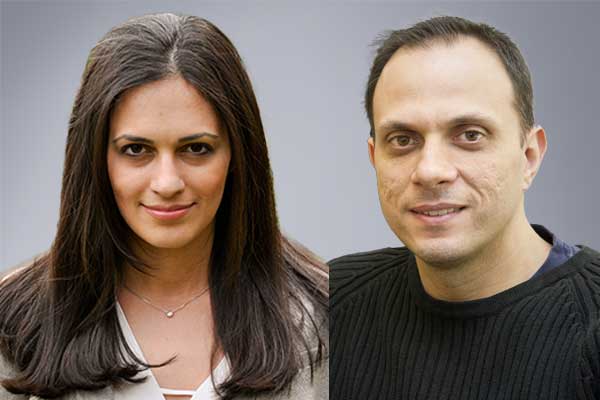Measuring Viral Concentrations and Infectivity

BioE Assistant Professor Sara Rouhanifard and Affiliated Faculty Meni Wanunu were awarded a $250K PFI-TT NSF grant for “Developing an integrated platform for high accuracy measurements of viral particle count and infectious titer.”
Abstract Source: NSF
The broader impact/commercial potential of this Partnerships for Innovation – Technology Translation (PFI-TT) project is to measure viral concentrations in clinical or research settings. Select vaccines and gene therapies are delivered via viral vectors, but the precise dosing is poorly known, leading to quality control concerns. Current measurement techniques are indirect, imprecise, and nonstandard; and they require time and specialized equipment. Accurate measurement of viral particles is critical for precise benchmarking of diagnostics and appropriate dosing of therapeutics. This project develops a new technology to measure viral concentrations and infectivity.
The proposed project addresses viral quantification techniques as they suffer from several limitations. Typical infectivity assays are highly dependent on the specific cell line used for viral infection, leading to high variability between labs. Furthermore, natural viruses are not engineered to contain a fluorescent transgene for easy identification, and some particles will not contain the viral genome – leading to competition between those containing the gene “payload” and empty vectors. In general, the density, infectivity, and replication efficiency of viral particles in a given sample is poorly known. This project advances a technology with three functioins: quantifying the total number of particles, measuring genome-containing units, and assessing infectivity of a given sample of the virus. The new method combines nano-pore technology using biophysical properties to identify viral particles with single-molecule RNA fluorescence in situ hybridization to discriminate down to single molecules of viral RNA in infected cells.
This award reflects NSF’s statutory mission and has been deemed worthy of support through evaluation using the Foundation’s intellectual merit and broader impacts review criteria.